HOW COME, CHIEF WILLOUGHBY?
RUDIES ALERT: Sensitive readers beware of an unusual volume of swearing. You’ve been warned.
Generally speaking, Americans seem to have a real problem with cunts. I admit that probably isn’t the normal way someone starts a film review, but hear me out here. The English speaking world is far flung and distant in many ways, but it is small details like the use of the word ‘cunt’ that truly make you realise how different we all are. In English slang, there’s a cunt on every corner. In Australia, the word has lost so much meaning, they’ve had to add additional swearwords to make the concept of being a cunt offensive.
But, like the c-word, there is a plethora of things that separate the rest of us from our American cousins. One of the more relevant things is the concept of black humour. I’m not saying it’s a British invention by any means, but it is something curiously prevalent in a lot of European culture that simply doesn’t seem to be mainstream in the States. If I’m watching something with an oddly dark sense of humour set in America, I immediately begin to wonder where the creative team might be from. Especially if we hear at least one c-word between the titles and the credits. It doesn’t happen often, but it definitely happened as I watched Three Billboards Outside Ebbing, Missouri (2017).
Written and directed by Martin McDonagh, a London-Irish (I knew it!) playwright, screenwriter and director, McDonagh was inspired to write Three Billboards after stumbling across a number of billboards about an unsolved crime somewhere in America. From here, McDonagh developed a story about the mother of a murdered teenager, who seethed with rage that nothing was being done.
Boy, did he nail it.
Somewhere deep in rural America, presumably somewhere in Missouri, Mildred Hayes (Frances McDormand) grieves. Seven months ago, her teenage daughter Angela (Kathryn Newton) was raped and murdered, and no one has been arrested. Desperately angry at the local police force for the lack of progress, Mildred rents three dilapidated billboards from the local advertising agent, Red Welby (Caleb Landry Jones) and pays for them to read, in sequence:
RAPED WHILE DYING
AND STILL NO ARRESTS?
HOW COME, CHIEF WILLOUGHBY?
The billboards stun the local town, particularly Police Officer Jason Dixon (Sam Rockwell) and Sheriff Bill Willoughby (Woody Harrelson). Even Mildred’s son Robbie (Lucas Hedges) is disgusted, blaming the harassment and bulling he’s receiving at school on her actions. Despite the venom from the local townspeople, Mildred stays firm in her commitment to display these billboards for as long as it takes to make the police do something.
Willoughby, a well respected member of the community, seems sympathetic to Mildred, but feels the pressure on what is considered an unfair personal attack on him, when the police have tried everything they can to find Angela’s killers. During a one-on-one meeting, he admits that there is more to it than his reputation – he is dying on pancreatic cancer, and this protest might just outlive him. Unflinching, Mildred reveals that she – and the whole town – is aware, and that she still won’t remove the posters.
Tensions rise, and Officer Dixon, a man loyal to Willoughby, turns on anyone he can. An alcoholic, and an angry one to boot, Dixon turns to threaten and bully Red and Mildred’s colleague Denise (Amanda Warren) for minor charges – targeting everyone around Mildred to pressure her into giving in.
Things take a turn when Willoughby’s cancer worsens, pushing each character further and further. The arrival of Mildred’s abusive ex-husband Charlie (John Hawkes) goes a long way to showing the strength and depth of Mildred’s character, while she seeks revenge and justice from those around her.
It’s hard to go into much more detail without spoiling the film, but it’s safe to say that this is a true work of art. Driven by its characters, Three Billboards revels in its dark humour, with some truly incredible performances absolutely selling the raw emotion behind the story. Woody Harrelson’s emotional portrayal of Chief Willoughby really helps put a human face to the local authority, while Sam Rockwell absolutely excels in his role as Dixon – an alcoholic, probably racist, absolutely vile human being still managing to be more than a simple foil, but a fully rounded character that genuinely helps drive the story forward – in possibly the least expected way possible.
But, of course, the shining star at the centre of the film is Frances McDormand. In Mildred, Frances is able to perform as a hard-as-nails veteran of abuse and agony, but with equally devastatingly moments of maternal angst and care. Her pain is your pain, with her moments of justifiable anger and vengeance inspiring more than a few bursts of laughter from the audience I shared the experience with. It’s no surprise that Mildred was written exclusively for her, and it really is impossible to imagine a better fit to the role.
That said, I did have some questions as I left the cinema. I genuinely assumed the film was shot in New Zealand, where the local film authority demands a certain percentage of local actors, because there were an awful lot of Australian actors on screen. What’s more, they also happened to be absolutely stunning. I’m talking mainly about Abbie Cornish, portraying Chief Willoughby’s wife Anne, and Samara Weaving as the fleeting Penelope – Mildred’s ex-husband’s new 19 year old girlfriend, whose on-screen stupidity serves to highlight the difference between youth and experience – particularly Mildred’s.
Now, I’m not saying this is a problem – but it struck me as an odd choice in casting. When everyone else on screen seems to have a permanent scowl and/or several layers of grime, with thick American accents, that there are a handful of pristine Australians running around – both of whom much younger than their on-screen partners. One of which was played for laughs, the other… not so much. Abbie Cornish genuinely delivers a devastating set of emotions throughout her role, absolutely selling the grief she is exposed to – but still. Odd.
All that aside, Three Billboards stands out as a beautifully performed character story that blends drama and dark humour in just the right way to lead you through the story. So much so, by the time the credits rolled, all I wanted to do is see what happens next. Frances McDormand deserves every award coming to her, as does Martin McDonagh for writing and directing an absolute masterclass in dramatic storytelling.
Highly, highly recommended.
Yours, A P Tyler
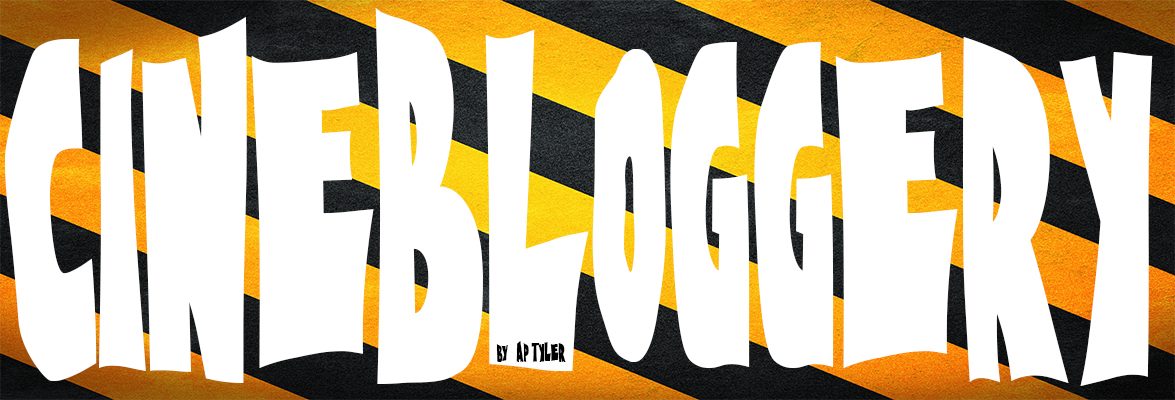
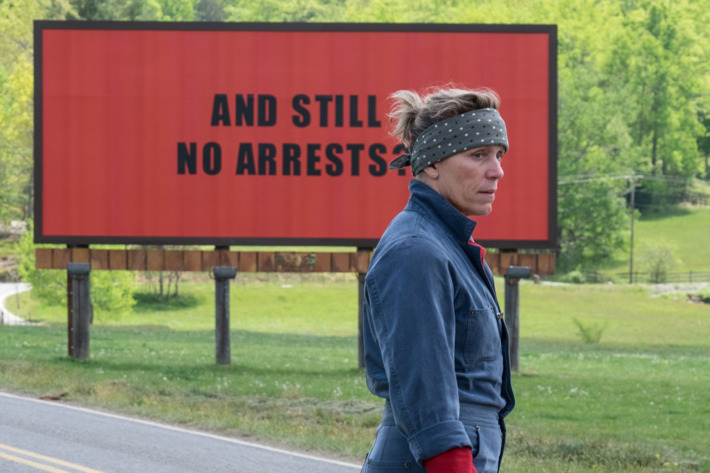
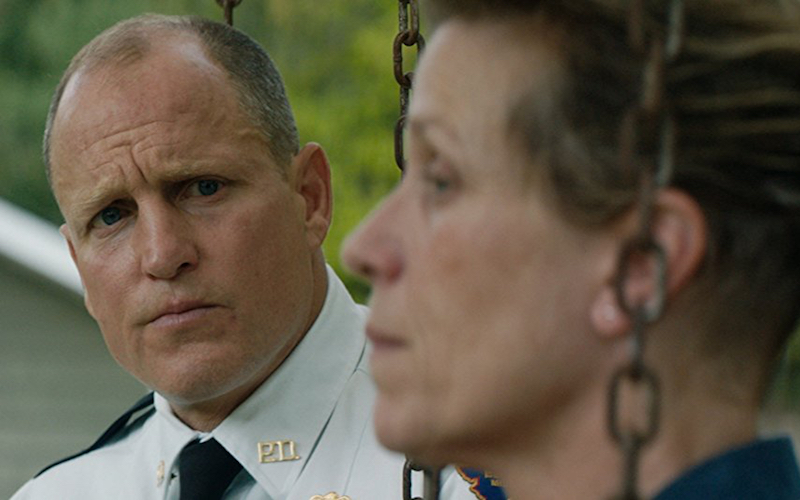
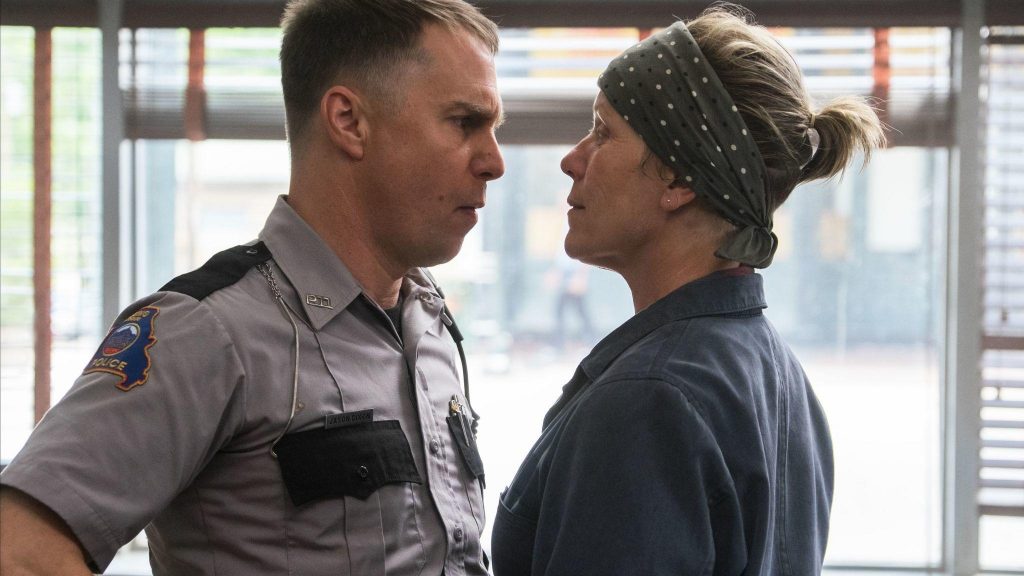
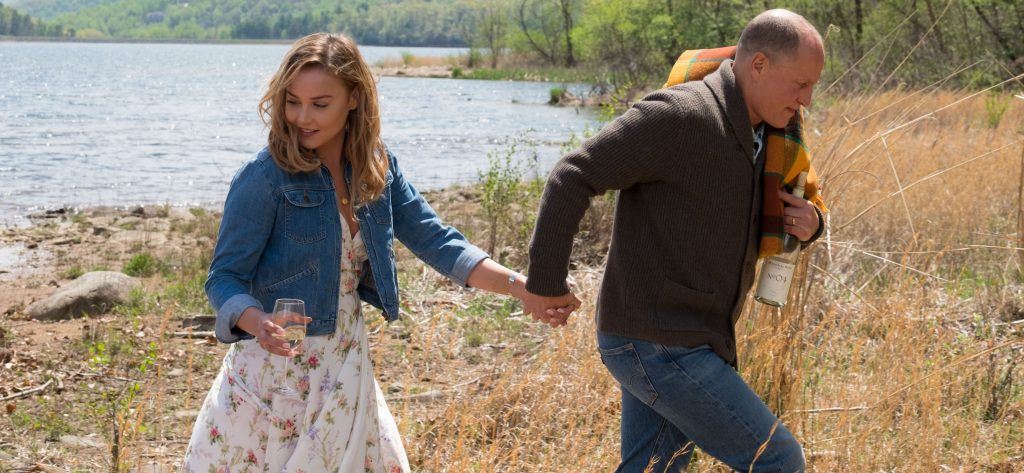
Comments are closed, but trackbacks and pingbacks are open.